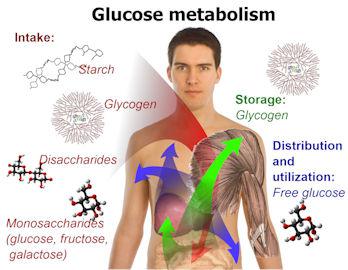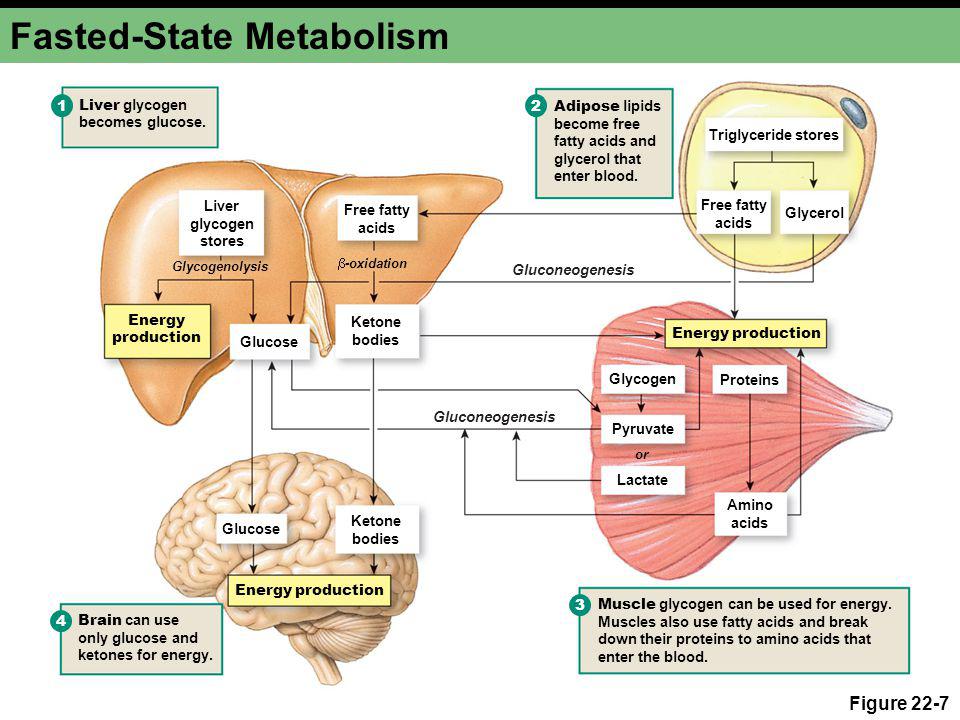

Is the Human Body A Hybrid Organism, or Not?


The Crux of the Debate
Glucose Metabolism v Lipid Metabolism
Note the in the diagram above, lipid metabolism is labeled "starvation metabolism," and we hope people are not going to be starving. But this is the bias that runs unseen in the background when discussing nutrition.
Standard dietary recommendations assume that glucose nutrition is "normal" because apparently the alternative to that is "starvation." That's not true.
Back in the early 1900's to treat diabetics, they did use starvation, short rations, to put people into ketosis and reduce the number of epileptic seizures. But then they discovered another way. Just reduce the carbohydrate in the diet, and without any hint of starvation ketosis can still be achieved. Sadly because they found medications for epilepsy, research in this area stopped for about 50 years, after 1928.
Now we know that babies are in ketosis so long as their primary source of food is breast milk.
Traditionally we wean babies onto cereals in New Zealand, putting them out of ketosis. That's probably a dietary mistake. Prof. Tim Noakes recommends weaning baby onto fatty foods with a fish and meat or dairy base.
In South Africa, Prof. Este Vorster in her own book about weaning children from breast milk, wrote that "grain based foods lacked the nutrition babies needed, and that a diet of fish such as sardines, and animal products like chicken and offal meats should be offered." That's probably a ketogenic diet.
A Balanced Diet?
Perhaps our grandparents and maybe our parents really ate a balanced diet. They seem to have avoided the metabolic disorders we currently face.
The low fat diet we've been trying to eat, is not the "balanced diet" that dietitians claim it to be.
It's argued that if you ate a balanced diet you would not need dietary supplements.
It's argued that if you ate a balanced diet you wouldn't over time develop metabolic syndrome.
In history, people never had enough control over their diet to eat a "balanced diet." They ate what was available.
Historically food was seasonal and supply was unsteady. There was feast sometimes, barely enough most of the time, and short rations (perhaps famine) most years. People didn't have the luxury of knowing that they were going to eat the food they chose to eat; every day, in the way most of us do today.
Supermarkets, not fast food chains, are the problem. We can eat the same food every day, for years and years. Our bodies were designed for a food supply that was much less predictable.